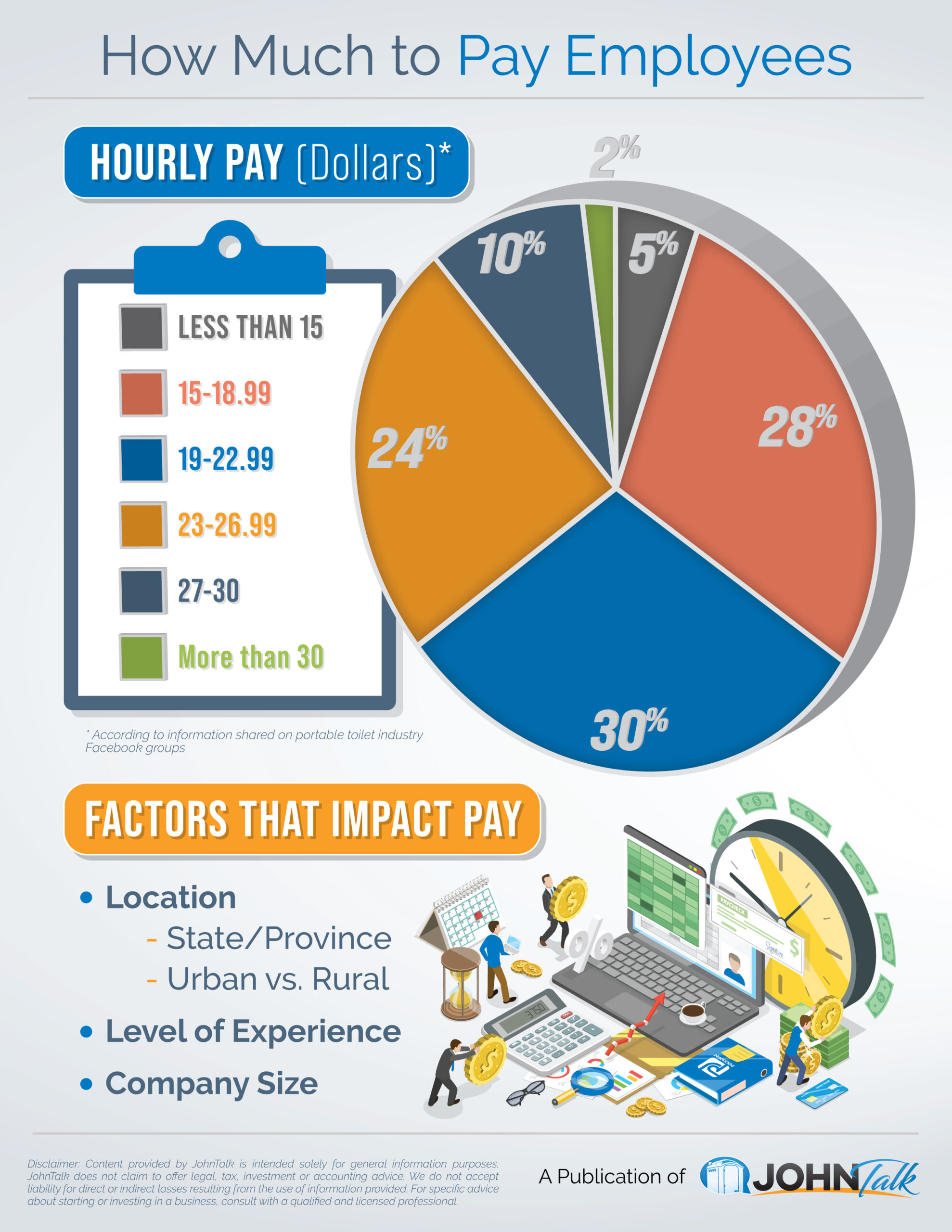
INFOGRAPHIC: How Much to Pay Employees
May 22, 2023
Recruiting at Trade Schools
June 19, 2023Late or non-payments impact your cash flow. And your options can feel limited when your reputation is on the line. However, in some cases, portable restroom operators can place a mechanic’s lien against the property for the money owed. Doing so may generate swift action from the property owner, allowing you to retrieve past-due payments.
When circumstances don’t permit this action, you may need to pursue collections or other legal means. In this article, learn what a mechanic’s lien is, how it works, and when you can use it. Then, explore alternatives to collecting unpaid debts.
Mechanic’s Lien: Definition and Use Cases
Generally, a mechanic’s lien is a tool used in the construction industry. It’s a legal claim that a contractor, supplier, or subcontractor can place on a property if they haven’t received full payment for services, labor, or materials rendered. Once a property has a mechanic’s lien, it remains there until paid, meaning it shows up during a title search, and typically, the parcel can’t be sold unless the new owner agrees to pay off the lien.
Let’s say you provided portable restrooms while a resident built an addition to their home, and the general contractor failed to pay for your services. Placing a mechanic’s lien forces the property owner to get involved and pressure the general contractor to pay you. Often, this action results in quicker payment, helping PROs improve their cash flow.
Can You Use a Mechanic’s Lien?
Mechanic’s lien rules vary by jurisdiction. In many states, the law only applies to real property, such as land and buildings, not portable restroom services. The process for filing a lien also varies by location. It may be as easy as stopping by city hall to complete a form to file a lien against the property owner. But, like other legal processes for collecting unpaid bills, further steps may be required.
You may need to:
- Send a preliminary notice to the property owner, general contractor, or other involved parties
- Gather documentation to support your claim, such as contracts, delivery receipts, and invoices
- Complete legal forms like a notice of intent to lien or a claim of lien, which require the property owner’s name, property description, the amount owed, and work performed
- File the mechanic’s lien with your county recorder’s office, pay filing fees, and adhere to any deadlines
- Serve notice to involved parties after filing the lien to inform them of your actions and how to resolve it
Get the JohnTalk “ALL-ACCESS PASS” & become a member for FREE!
Benefits Include: Subscription to JohnTalk Digital & Print Newsletters • JohnTalk Vault In-Depth Content • Full Access to the JohnTalk Classifieds & Ask a PRO Forum
Portable Restroom Operations Collections Alternatives
Since mechanic’s liens can’t be used in all cases or jurisdictions, it’s necessary to have backup plans. The most effective collections activities get your customer’s attention without impacting your portable restroom company’s reputation. As always, documentation is critical. Track all communications in case legal action is required.
PROs may take the following actions when a customer fails to pay:
- Lock the portable restroom unit at the customer’s site
- Remove the portable toilet
- Assess late fees and interest
- Leave a public notice of non-payment on the locked unit
- Send reminders via text, email, and snail mail
Improve Billing and Collections
Although most businesses face occasional late or non-payments, you may need to reassess your billing and collections process if it’s a regular thing. Ensure timely customer payments by simplifying your payment methods or requiring funds (like a deposit) upfront. Otherwise, head to your local government office and see if a mechanic’s lien is an option.
Looking to Take Your Portable Restroom Business to the NEXT LEVEL? Download our FREE Guide: “Your Guide to Operating A Portable Restroom Business.”
Thinking About GETTING INTO the Portable Restroom Industry? Download our FREE Guide: “Your Guide to Starting A Portable Restroom Business.”


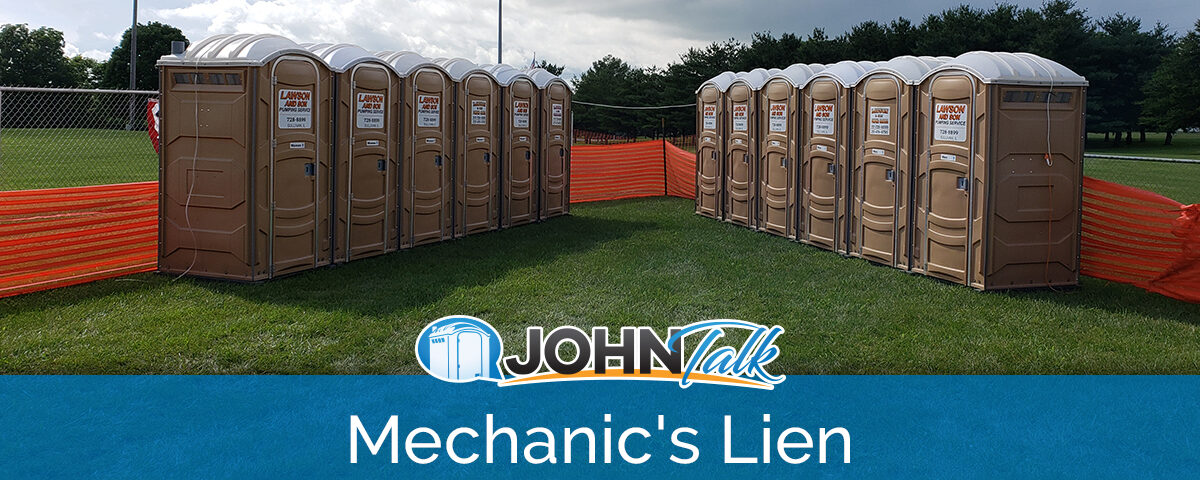
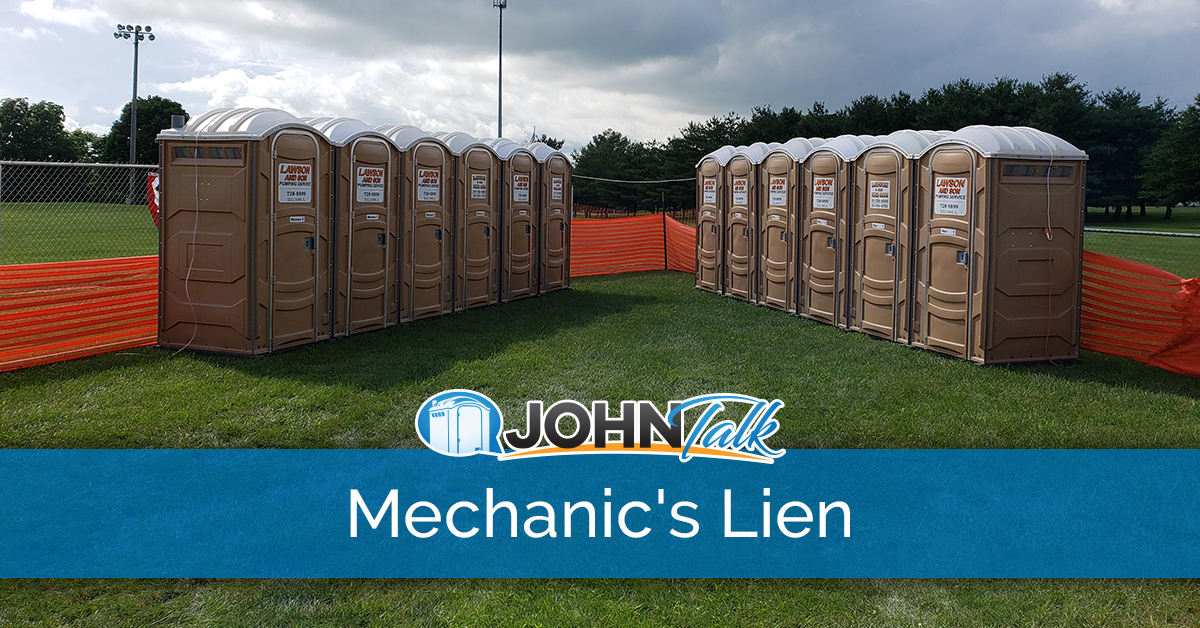
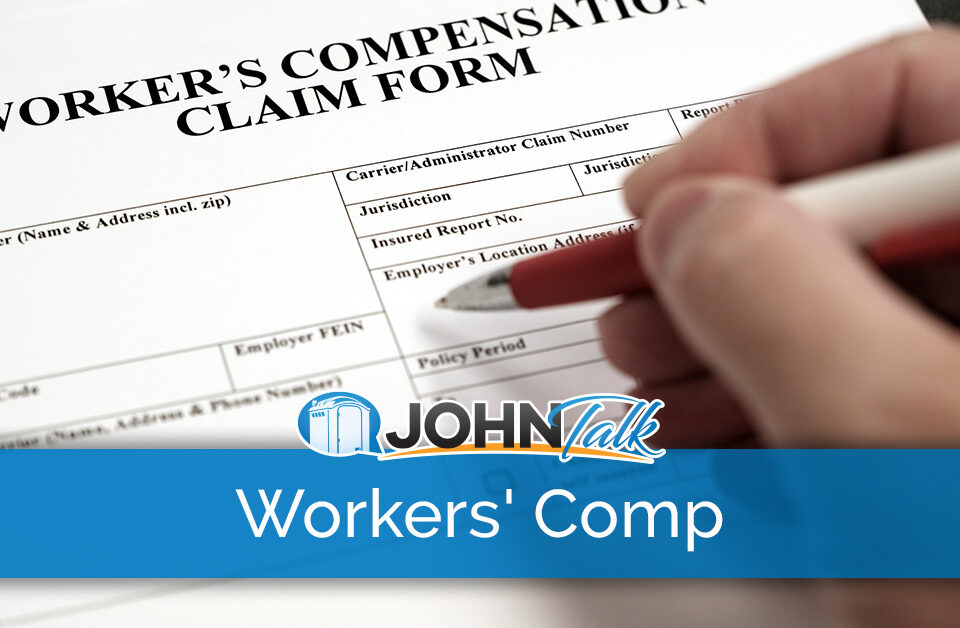

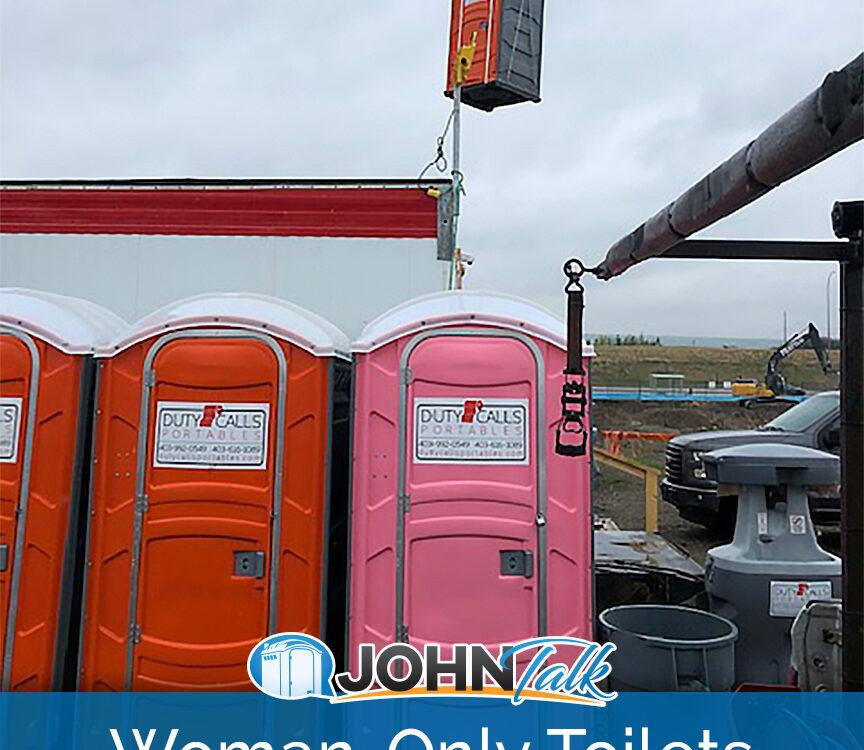
1 Comment
Absolutely this articles are so important in our industry, thank you for taking the time to write it and share it with us.